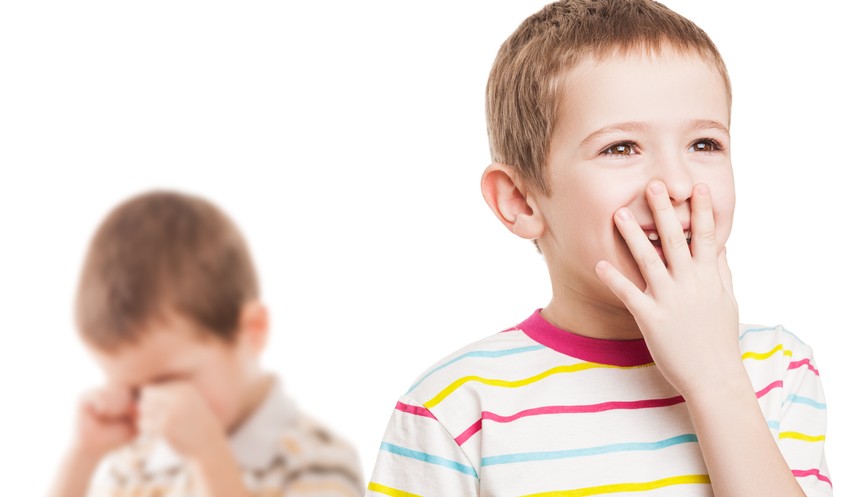
They say there is no pleasure greater than the one that is derived from another person’s misfortune, but at what age do we start developing and expressing this complex emotion?
, NoCamels.com
Children Early as Age Two
Until now, researchers believed that children didn’t develop such sophisticated emotions until the age of seven, but a new study conducted at the University of Haifa found evidence of ‘schadenfreude,’ the German word describing the emotion, in children as young as two. “The study strengthened the perception that schadenfreude is an evolutionary mechanism that develops within us as we cope with situations of inequality,” said Prof. Simone G. Shamay-Tsoory, who led the study.
Schadenfreude is our evolutionary way of coping with inequality
In German ‘schadenfreude’ literally means deriving pleasure from the misfortunes of others, and it can be rooted in jealousy, competitiveness, or sometimes even hatred. According to one theory, schadenfreude is an evolutionary mechanism that develops as a result of competition over limited resources, for example, the struggle between two siblings over their parents’ attention. This mechanism, which develops at an early age, turns later on into a mechanism that enables us to feel pleasure at another’s misfortune, even when there is no competition for resources.
Though it was believed that children under the age of seven were not emotionally developed enough to have feelings of schadenfreude, Shamay-Tsoory and her team thought that they could prove that such feelings surface much earlier, at the ages of two to three. To do this, the researchers set up 35 separate groups that included a mother, her child, and a friend of the child who is the same age. The groups were subjected to two situations.
The first was an “equal” situation, in which the mother encouraged the children to play together, ignored them for two minutes, and then began to read a book aloud to herself for two minutes. After those two minutes, the mother was told to take a glass of water that was on the table and pour it by “accident” on the book. In the second, “unequal” situation, after the first two minutes the mother took the child that wasn’t hers on her lap and began reading the book aloud to him or her. Here, too, after two minutes, the mother spilled the cup of water on the book.
The researchers found that when the unequal situation was brought to an end, the mother’s own child showed visible signs of happiness, as expressed by jumping up and down, clapping hands, or rolling on the floor. By contrast, when the water was spilled while the mother was reading the book to herself, there were no similar reactions. According to the researchers, the “misfortune” that made the children happy was the fact that their peer had stopped hearing the story, which strengthens the theory that schadenfreude is a social development that is a reaction to inequality.
Jealousy is still stronger than schadenfreude:
This article was first published on NoCamels – Israeli Innovation News and was re-posted with permission.
To continue reading this article on this site, Click Here.
Children Early as Age Two









